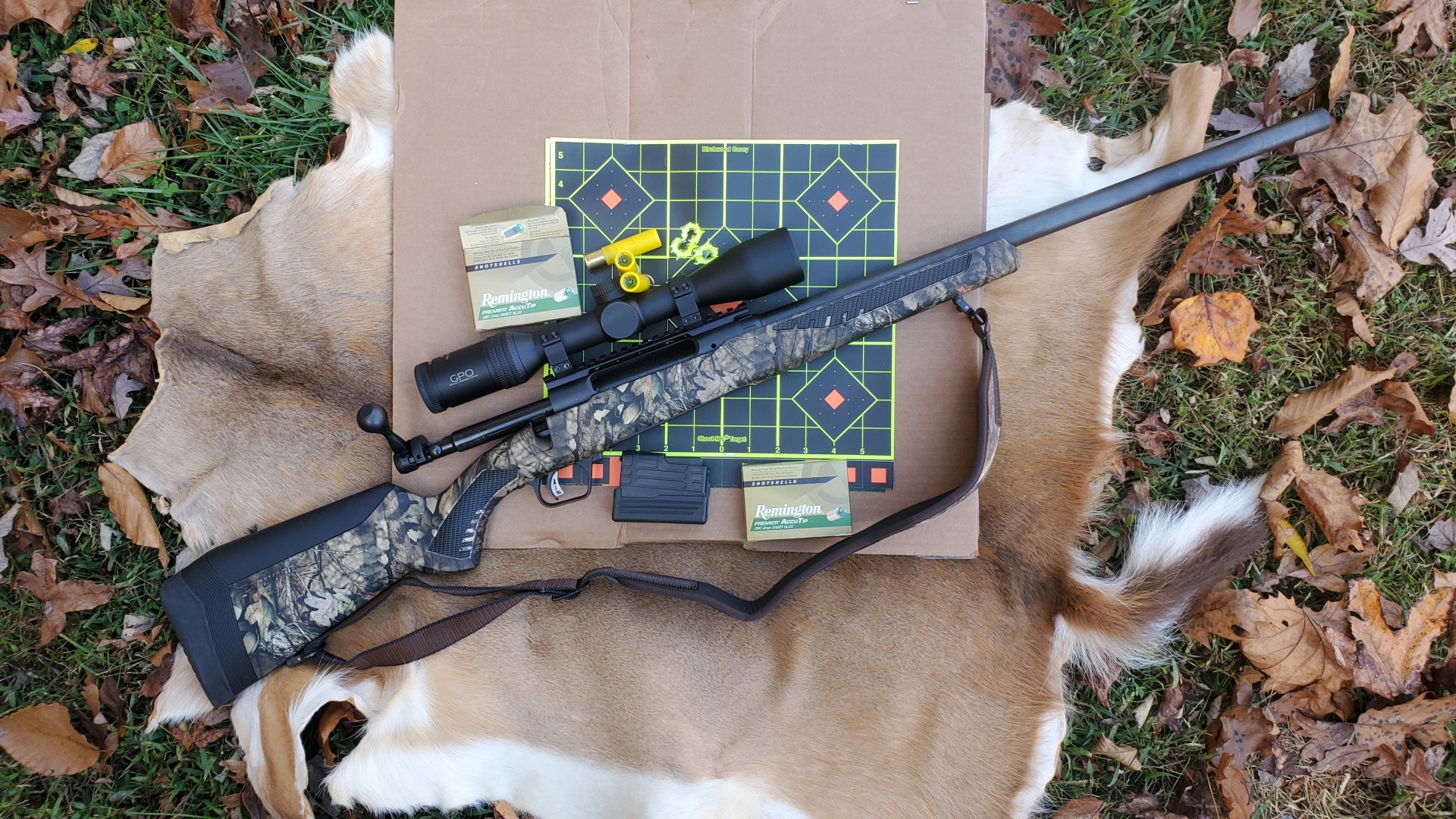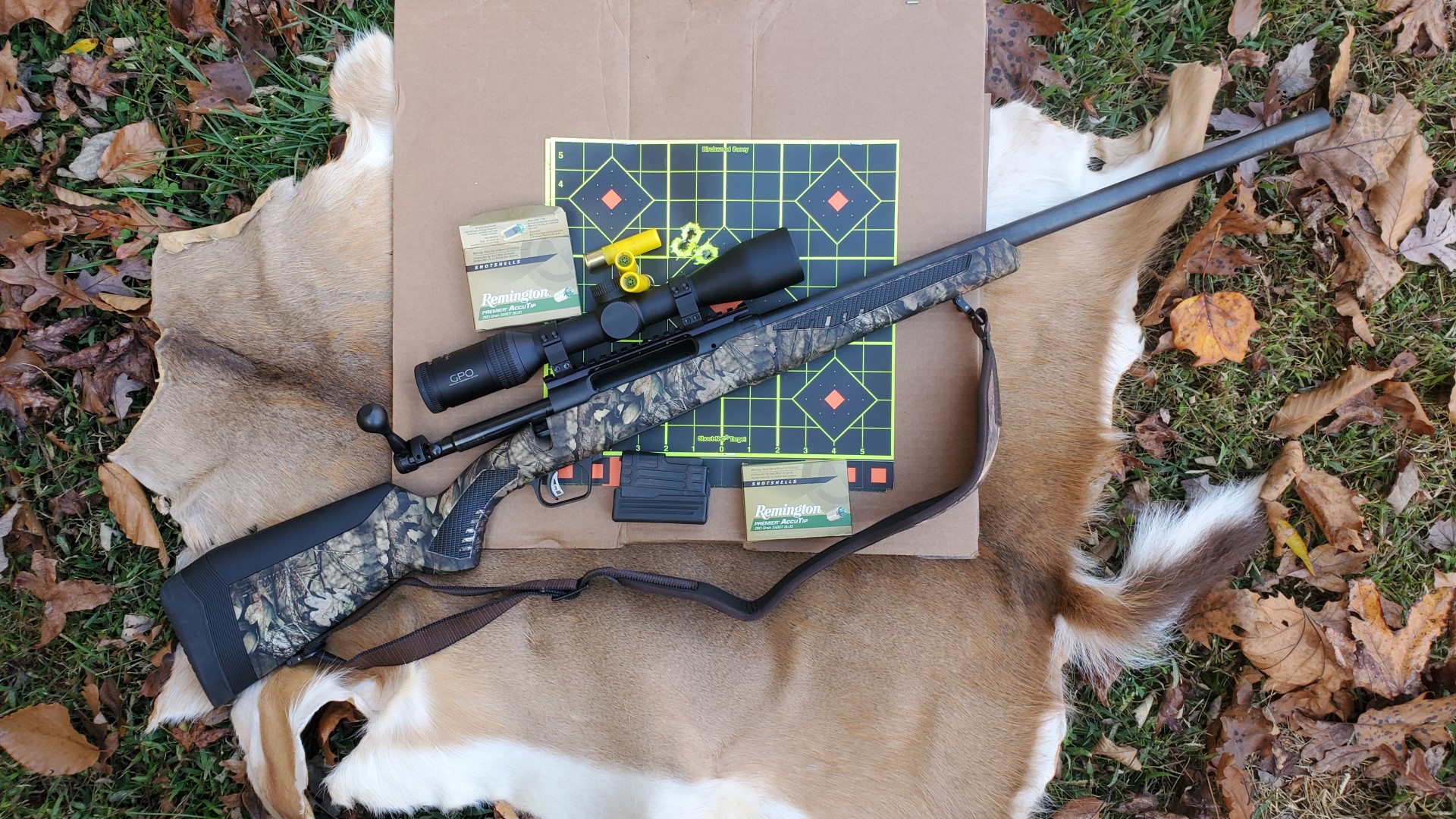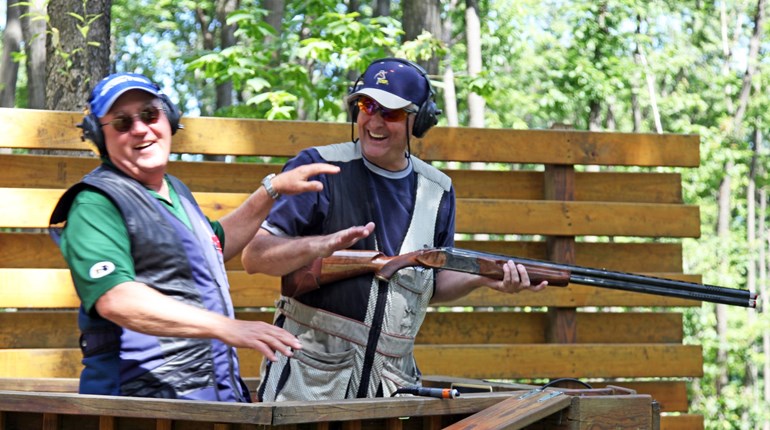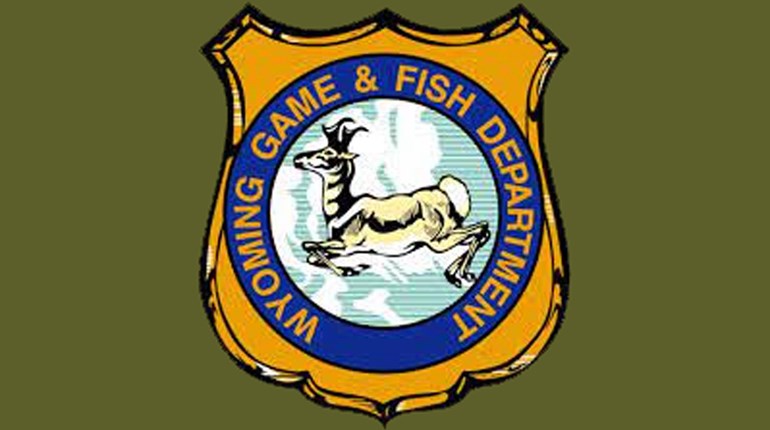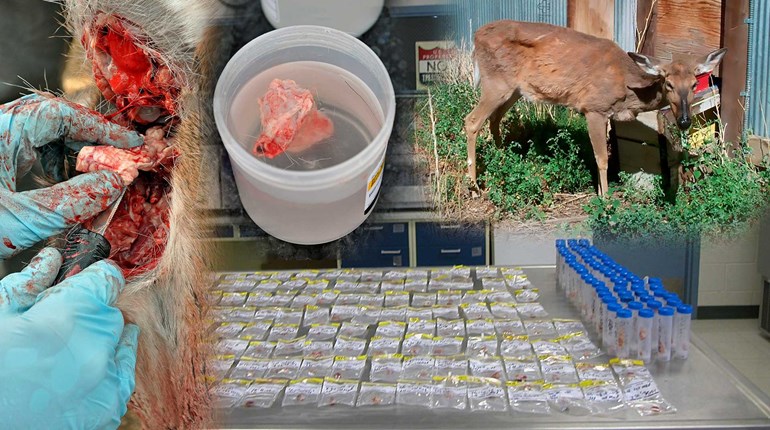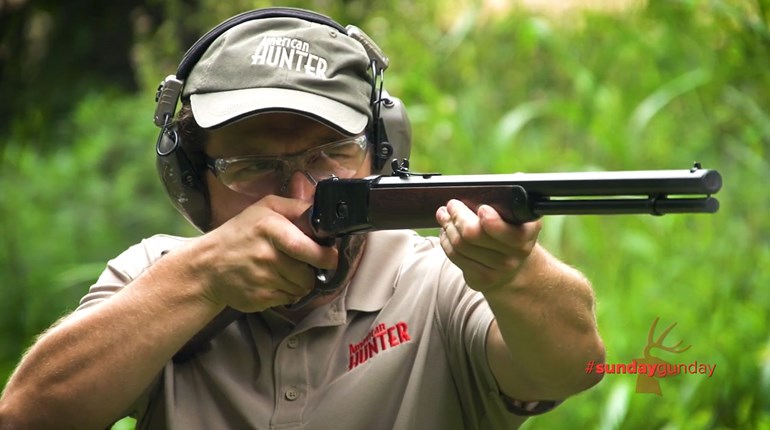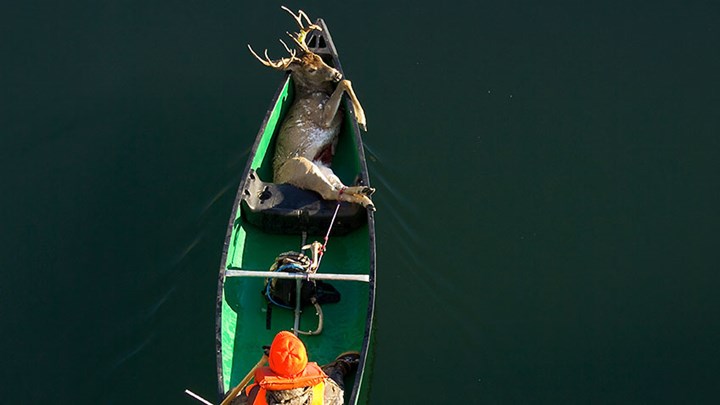
A lot of attention has been given to illnesses from bacteria, viruses and parasites through various media sources. For the hunter or hiker who simply enters a wooded area, there are ticks associated with Lyme disease. The successful rabbit hunter should think about Tularemia. Also, be aware that many wild animals are reservoirs for a bacterial system infection called Leptospirosis. To make things worse, E. Coli and Salmonella could also be present. Recently, it has been discovered that Tuberculosis in the whitetail is on the rise. Of particular concern is that it’s possible for humans to contract that tuberculosis, although so far it’s a rare occurrence. As we’re butchering and preparing the meat from our wild-game harvest, we all must take precautions to avoid whatever could hurt our health, which can include infections like Tuberculosis as well as parasites. Here are some tips to keep you healthy.
1. Evaluate Game Before You Shoot
If the animal appears ill due to abnormal behavior or is emaciated, it’s very possible that it’s sick. Do you want to chance it, or look for a healthier specimen? In some states, the game commission has listed high concentration areas for certain animal-borne diseases, which can be useful information.
2. Smell, Look and Feel
Smell, does anything have an odor like something is rotten? Look for anything abnormal as lumps, growths, colors. Any green, pus-like material around the eyes, mouth or old wounds? Feel, touch the deer (with gloves on) and feel for anything abnormal under or on the hide. Does the fur easily fall out?
3. Put Some Things on Hold
When field dressing, do not eat, drink or smoke to limit hand-to-mouth contact. This minimizes added contamination of whatever to the hunter.
4. Field Dressing and Processing
On every hunt, my wife and I carry a plastic zip-loc bag, four rubber gloves, paper towels and a sanitizing hand spray. The reason for the gloves is that we use two at a time on each hand, since it is easy to get a hole in the rubber but that second barrier is still intact for protection.
Rule one is to remove the internal organs as soon as possible, and without puncturing the stomach and especially intestines, a source of contamination. Animal intestines, like ours, are loaded with various pathogens even in a healthy and otherwise-safe-to-consume critter.
If you’ve been field-dressing your harvest bare-handed, you’re not alone. Back when I was around 16 years old, I would wear no gloves and after field dressing, pour some water from my canteen on my hands and use a paper towel to dry off. I got away with it—many if not most hunters do—but make no mistake, that was both a product of luck and of living in a different era with lower concentrations of whitetail deer. Back then, we never even heard of chronic wasting disease. Knowing what I know now, as a doctor, the minute I’m out of the field I spray my knife with an all-purpose virus and bacterial cleaner, then rise it off. I wash my hands with an antibacterial soap or sanitizing hand spray, and put all paper towels into the plastic bag to dispose of properly at home.
5. Cross-Contamination
Every so often when processing meat from the carcass—especially when moving from one body system to another—clean off the knife. I have seen some guides who dip their knives in a salt/bleach solution, then rinse it.
Once you’re out of the woods you have more time to evaluate the animal. Continue to look for old wounds and if they’re present (especially if there are signs of infection!), meat from that area in my opinion should be discarded. Such an area is questionable even if the meat looks good. Think of it this way: When a human has a wound that is infected, it doesn’t always look all that bad from the surface (and infection is a lot easier to see on people, who are essentially hairless, vice an animal with its pelt). Infection can be present and spread even when the infection looks contained, so look hard at surrounding tissue.
Also, be especially careful cutting near spinal tissue. When the brain is visible, that is dangerous territory for pathogens, particularly prion diseases such as Chronic Wasting Disease. This includes removing antlers, so be careful.
6. Transporting the Carcass
If you’re taking your deer to a processor, or it is a long drive home, it is always a good idea to place an ice bag or two within the abdominal cavity. This is especially critical if temperatures are on the warm side, as over say 40 degrees Fahrenheit. Remember, as the temp rises, meat spoils faster!
7. Get Rid Of Bone
When possible, it is also a good idea to bone out the meat and then properly discard the bones. Some states now require the bones remain at the kill site to minimize transporting any possible diseases. There are some hunting guides who recommend this to cut down on weight and as one outfitter had stated to me, you get better meat without the bone.
8. Cook It Well
Eating raw or rare meat in my opinion is taking chances. Also, cook wild birds and small game to recommended temperatures. Here parasites can be a big concern! When hunting small game, do not overlook your dog, because he’s also susceptible to parasites—so be careful what you give him in the field to eat.
9. Clothing Rotation
The hunt went well but tomorrow you will be out there again scouting, assisting or guiding a new hunter. Before you go back out, put that jacket, hat, pant, etc. in the dryer so to hopefully dislodge and remove any ticks.
But if You're Not Feeling Well...
If you’ve followed the above tips, you’ve already done your health a huge service. But if you’ve had a slip-up and you suspect you contracted something from a harvested game animal, getting healthy again centers around a proper diagnosis and immediate treatment.To do that, right off tell your doctor that you were a successful hunter and field dressed whatever and now you do not feel well. You could be just getting a cold from being out there in the cold and then exhaustion was added…or it is something else taking hold.
Play it safe and happy hunting!











